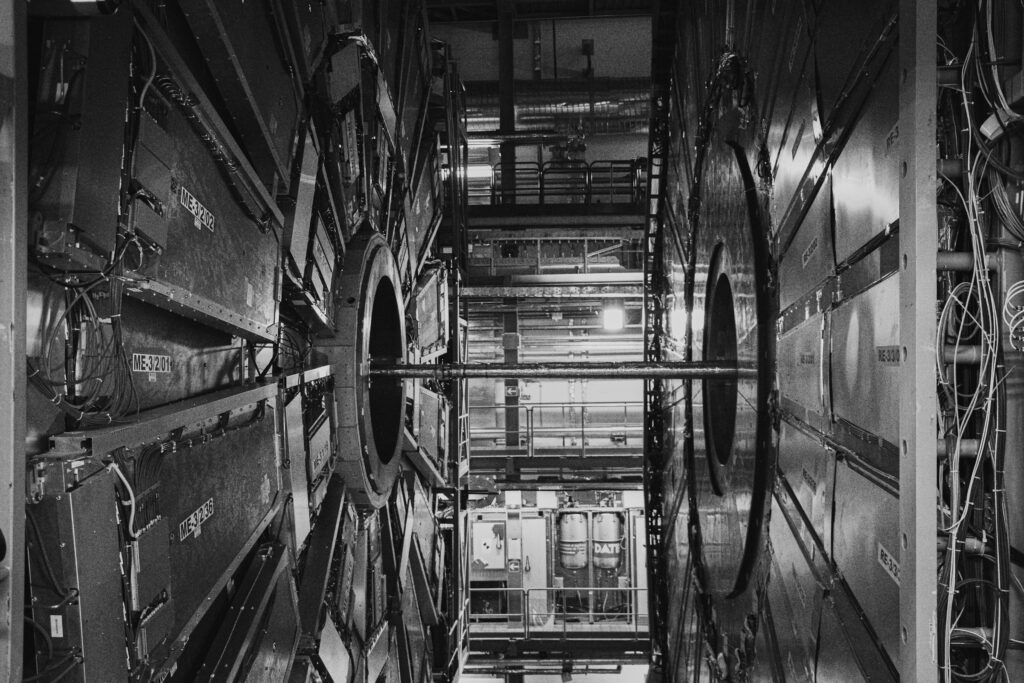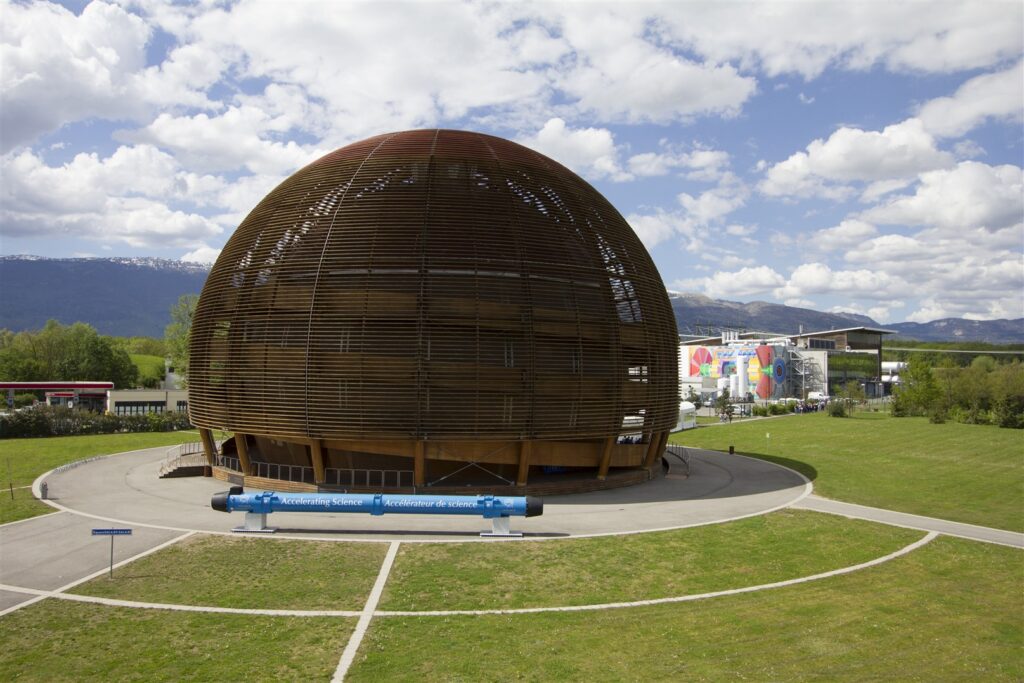Estonia has officially joined CERN, the European Organisation for Nuclear Research, as its 24th member state, becoming the first Baltic country to achieve the full membership status at the world-renowned scientific institution.
Estonia’s journey to full membership began in 2018, following a long history of cooperation with CERN that dates back nearly 30 years. Over the years, Estonia has steadily increased its participation in CERN’s scientific programmes, laying a strong foundation for this significant step forward.
“Estonia is delighted to join CERN as a full member because CERN accelerates more than just tiny particles; it also accelerates international scientific cooperation and our economies,” the Estonian president, Alar Karis, said in a statement. “We have seen this potential during our time as an associate member state, and we are eager to begin our full contribution.”
CERN’s director general Fabiola Gianotti said that Estonia and CERN had been working closely together for some 30 years and she was “delighted” to welcome Estonia to the group. “I am sure that the country and its scientific community will benefit from increased opportunities in basic research, technology development and education,” she said.
A history of cooperation
Estonia’s formal relationship with CERN began in 1996 with the signing of the first cooperation agreement, followed by another in 2010 to deepen scientific and technical cooperation. In June 2020, Estonia was granted the status of associate member state.
Estonia has played an important role in CERN’s scientific endeavours and the country’s researchers have contributed to the organisation’s major experiments.

As a full member, Estonia now has voting rights in the CERN Council, the organisation’s highest decision-making body. This status also opens up greater opportunities for Estonian researchers and engineers to work at CERN and for Estonian companies to compete for CERN contracts.
CERN is an international scientific organisation established in 1954 by 12 founding members. Based in Geneva, Switzerland, its aim is to ensure cooperation between European countries in the field of nuclear research. CERN’s main activities are research in high-energy physics and the development of the necessary technology, including information technology. CERN also trains students, scientists and engineers.

